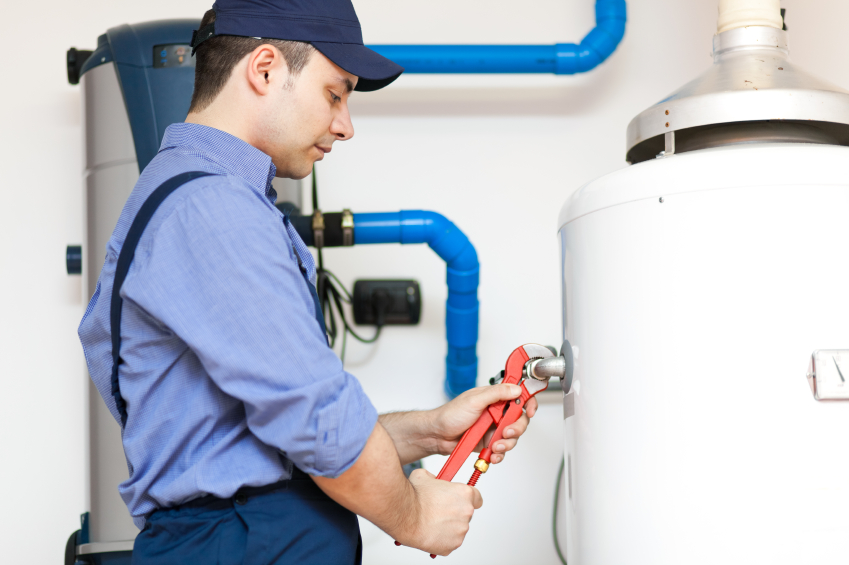How to Avoid a Hot Water Heater Nightmare
Blog:How to Avoid a Hot Water Heater Nightmare

Posted on
From: Zillow Blog
With just a little vigilance and prep (and a $15 gadget), you can keep a flooding disaster at bay.
A hot water heater isn’t typically something homeowners think much about — until, of course, it fails spectacularly. Hot water heaters warm our showers, help disinfect our dishes, and clean our clothes, but they can also cause very costly and dangerous damage if not properly maintained and monitored.
Disaster firsthand
Shawn Gehrt, a homeowner in the Seattle area and senior sales executive at Zillow, found out just how damaging hot water heaters can be.
“My wife called and said it sounded like it was raining downstairs,” Gehrt recalls. “When she went down there, the whole basement was flooded. There were about 4 to 6 inches of water on the ground.”
Gehrt immediately went home, turned the water off, and cleaned up as much of the water as he could with his Shop-Vac.
“It was a good gush of water. It was probably the equivalent of about three baths filling at once. That’s how much water was dumping out the side of our hot water tank,” he says.
Gehrt and his wife called their homeowners insurance company, which sent the restoration emergency company ServPro to help. The professionals pumped out the water, working in the basement for about four hours. In addition to clearing out the water, they cleaned up the damage the flooding had caused.
“They had to remove all the baseboards, because water got behind the Sheetrock,” says Gehrt. “They drilled holes in the Sheetrock every 4 to 6 inches. And then I probably had about 20 fans going in my basement for a week to dry everything out.”
Signs of damage to come
Gehrt and his wife certainly didn’t expect their hot water heater to fail on them, but looking back, there was a major sign of damage.
“My storage room is where my furnace and hot water heater is, and I noticed that there was a little bit of water — just a tiny bit — maybe a 6-inch puddle of water in front of the hot water heater. I cleaned it up, and when I came back down about a week later, it was back,” Gehrt says.
When you see any hint of moisture or water stains around your water heater, it’s a major indicator that there’s something wrong with it, according to Paul Abrams, public relations director at Roto-Rooter. He says there should be absolutely no leaking in any of the joints or on the floor. Besides leaking, the hot water heater’s age is really the biggest determinant of the appliance failing.
“Homeowners should be cognizant of how old the water heater is, because that often determines the period of time when there’s some danger of it failing,” Abrams advises.
Most water heaters, under the best conditions, will last about nine to 11 years, unless you live in an area with especially hard water. Typically, a plumber will note the installation date on the water heater, but you can also look at the serial number on the tank to see when it was manufactured.
Read more here.